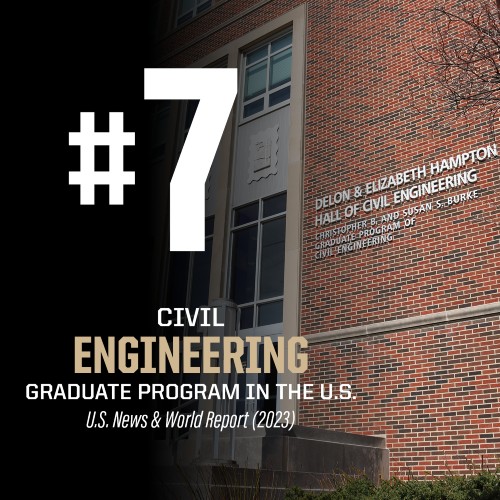
The promotional review process can be a challenging and sometimes conflicting process. Although the goal is compliant materials, it's possible for compelling materials to trigger warnings from agencies. Promoting a positive review requires teamwork and open communication. There is no single way to do a promotion review. However, there are best practices that can reduce the risk. Here are some tips to make the process smoother and more effective.
Process
The Promotion Review Committee is responsible for deciding whether to make a new promotion decision or if it agrees with the original. To reach its decision, the Committee gathers all pertinent documentation and conducts interviews. All parties involved in the process will receive the final outcome. The candidate will be provided with feedback about the review. If the candidate is not satisfied with the decision of the review committee, they can request another one. The review process of an initial decision will take approximately six months. The candidate can appeal.

Composition of the Committee
The Promotion Review Committee is made up of a University librarian, a Law Librarian, as well as the Director at Yale Center for British Art. They meet regularly and review the files to determine if there are any opportunities for promotion. The University Librarian nominates the members for a two year term. The Promotion Review Committee will review the relative merits of applicants and evaluate work-related attributes to determine who is most suitable for promotion. The chair of medicine will final approve the recommendations of the Promotion Review Committee.
Timeline
A candidate can request a review by writing to the DEO. This starts the promotion process. The Dean's Office gets the name of the faculty members to be promoted during the following academic year. Candidats for promotion will be notified about the required materials and deadlines for submission. After the DEO has received the promotion dossier, the departmental Promotion and Tenure Committee will evaluate the candidate's teaching and scholarship and any other relevant activities.
Recommendations of the President
Following an internal review of promotion decisions, recommendations to the president are final. A candidate can appeal against a decision by the review committee. A candidate may appeal against the decision of a promotion reviewing committee by proving that the candidate's merits were considered. To request a review, the candidate must list all grounds that support their appeal. A candidate only has one chance for appeal. Candidates should act quickly.

Appeal process
Faculty members have the right to appeal against adverse decisions made during their promotion review at the University of Minnesota. If you feel your promotion was based upon inconsistent or arbitrary criteria, you can file an appeal. A committee of tenured faculty handles the appeals process. You must first write to your school's dean in order to appeal the decision. The dean will then forward your letter on to the Provost.